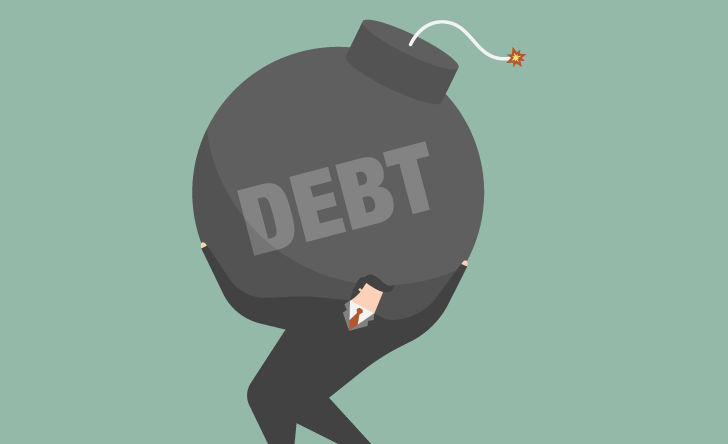Sherra Profit, the Taxpayers' Ombudsman, has released a report entitled Fair Warning that examines service issues related to legal warnings issued by the Canada Revenue Agency (CRA) to taxpayers during its debt collection process.
In the report, issued March 6, Profit looked into complaints received from taxpayers alleging the CRA was taking legal actions, such as garnishing wages or freezing bank accounts, without notice.
The Ombudsman’s examination focused on the CRA's debt collection policies, processes, and procedures on providing legal warning to taxpayers. It also looked at whether the CRA gives clear and accurate information to taxpayers about the collection measures it can take. In addition, the research looked at the taxpayer experience during the debt collection process.
A lack of understanding
“The examination revealed that while only a small number of taxpayers do not receive a legal warning prior to the CRA taking legal action to collect a debt, taxpayers often lack understanding about the consequences of not paying,” found the report.
As a result of this examination, the Ombudsman made nine recommendations to the Minister of National Revenue, which include calling on the CRA to shorten the validity period of the legal warning from 365 days to 180 days and update its policies to ensure all relevant information is given to taxpayers when they are issued a legal warning. Among the other recommendations, Profit advised making information available to taxpayers on the requirements for a binding payment arrangement and sending confirmation letters to taxpayers who make payment arrangements.
The Minister of National Revenue and the CRA have accepted all of the Ombudsman’s recommendations, says the Ombudsman.
Accurate and clear information
"A debt collection process that is fair means respecting the taxpayer right to complete, accurate and clear information. This means the CRA looking at the information it provides from the taxpayer perspective. The CRA has the obligation to collect debts. And, taxpayers have the right to understand that process. They have the right to understand whether the payment arrangement they have made is binding such that the CRA will not proceed with legal action if they are making their payments," stated Profit.







